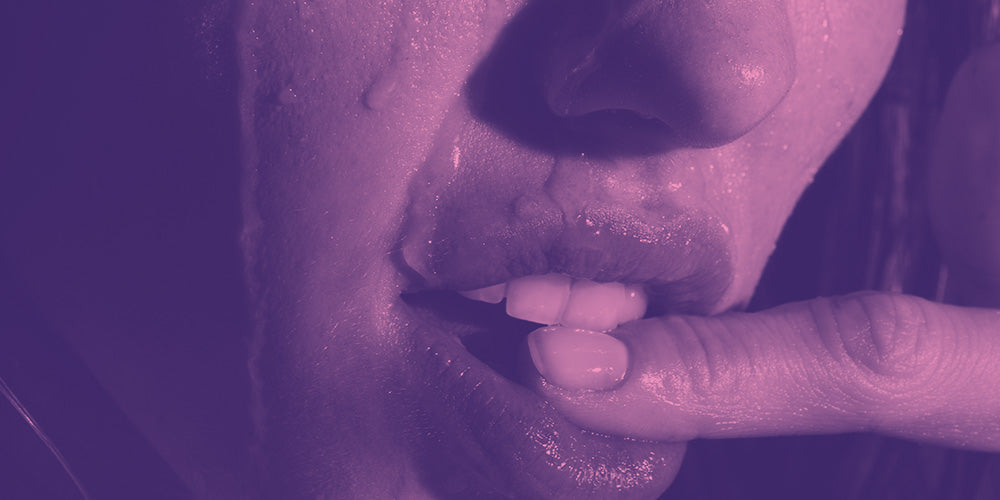Not all saliva is created equal - Why Your Spit Isn’t Always Ready for the Job
We take saliva for granted.
Most of us never even think about it.
But not all spit is created equal.
In fact, most of the time, your mouth isn’t giving you the good stuff.
Let’s break it down:
Sometimes your spit is thin. Watery. It runs. It doesn’t coat anything. It evaporates in seconds.
Other times, it’s thick and gloopy—too much mucin, not enough glide.
But once in a while? You get that perfectly slick, slippery, silky saliva. The kind that lets a tongue glide effortlessly along a body part. The kind that makes oral sex unforgettable.
So what’s going on here? Why does it change?
Your Saliva Has Modes
Your body makes different types of saliva depending on what’s happening.
There are two main states:
- Unstimulated Saliva: This is your baseline, resting spit. It keeps your mouth from drying out, helps you speak, swallow, and not sound like a desert animal when you're breathing through your mouth.
- Stimulated Saliva: This is the “we’ve got action” mode. It kicks in when you're chewing, tasting, anticipating food—or yes, feeling turned on. It’s usually more watery, but the quality depends on the trigger.
Glands & Texture: Where It Comes From Matters
Your mouth has three major salivary glands:
- Parotid glands (near your cheeks) → make watery, enzyme-rich saliva
- Sublingual glands (under your tongue) → make thicker, mucous-heavy saliva
- Submandibular glands (lower jaw) → make a mix of both
Depending on what you eat, smell, or experience, different glands dominate—so the texture of your saliva literally changes in real time.
What Affects It?
The quality and quantity of your spit is influenced by a ton of stuff:
- Hydration: If you’re dehydrated, your glands don’t have the raw material to work with. You get sticky, lazy saliva (or none at all).
- Medications: Antidepressants, allergy meds, antihistamines, and many others lower salivary output. Hello, dry mouth.
- Recreational drugs: Weed? Coke? Molly? All notorious for wrecking your spit game.
- Stress & Anxiety: Your body goes into “don’t die” mode and shuts off non-essential functions—like mouth magic.
- Food & Supplements: Citrus, acids, certain herbs and vitamins can all stimulate saliva—but some things, like sugar and alcohol, dry you out.
Why Watery Spit Doesn’t Cut It in the Bedroom
You know what it feels like:
You try to lick, kiss, suck, slide—and it’s not gliding. It’s squeaking.
It’s thin, watery saliva. It evaporates. It doesn’t cling. It doesn't enhance.
And suddenly your body feels disconnected from the moment it was supposed to elevate.
So What’s the Solution?
You need the right kind of spit.
The right kind of stimulation can flip the switch in your mouth from “meh” to “I have seen the light!” And when your glands are dialed in? You get that saliva that feels like it was made for pleasure.
TL;DR?
Your mouth has modes.
Most of the time, it’s in idle—producing whatever it needs to get you through your day.
But with the right triggers? Your spit can become the ultimate natural lubricant— lusciously slick, and built to connect.
Don’t just bring a mouth.
Bring your A-game.
